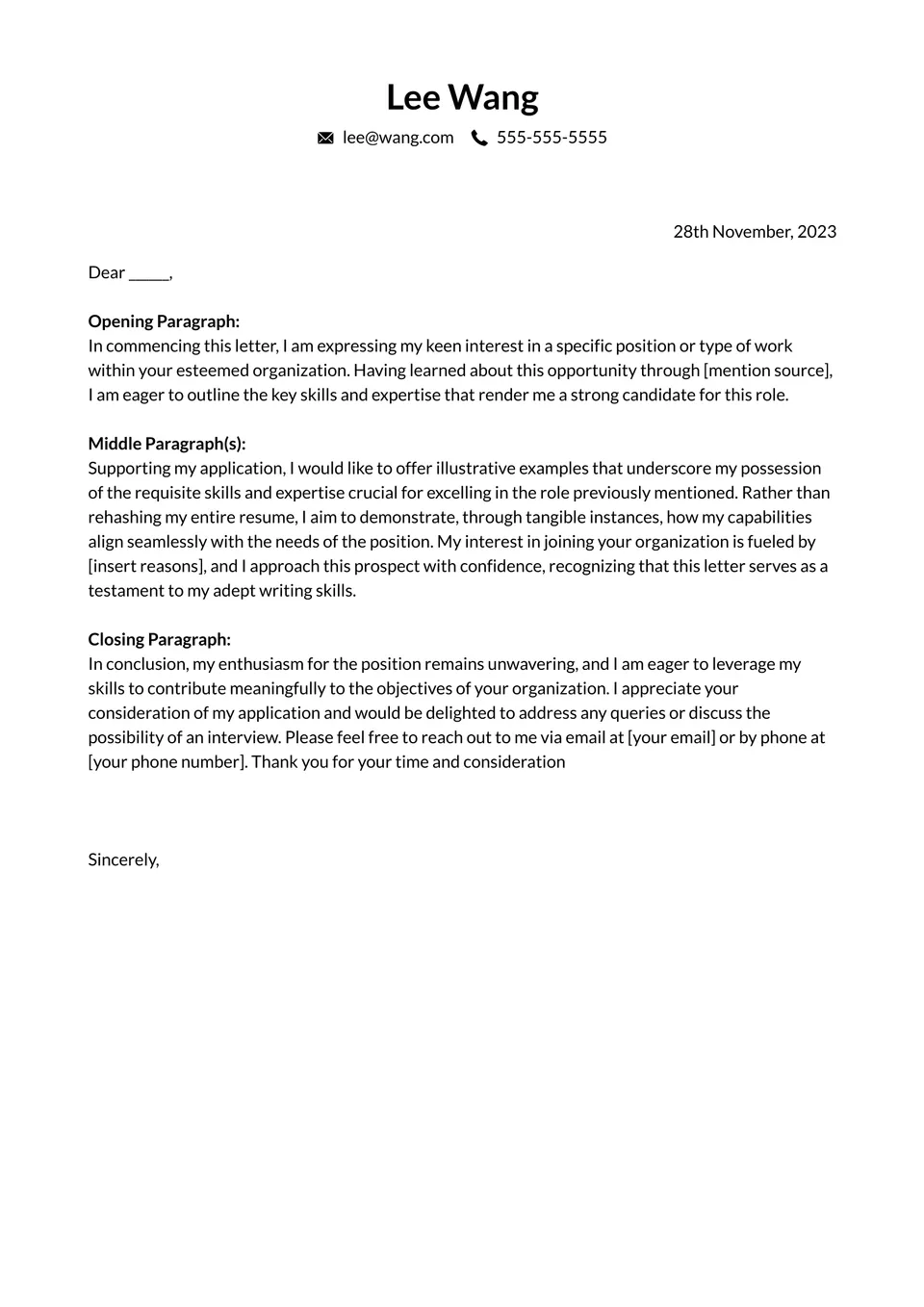Understanding the Harvard Law Cover Letter
The Harvard Law cover letter is more than just a formality it’s a critical opportunity to showcase your personality, experiences, and why you are a good fit for the prestigious institution. Unlike your resume and transcripts, which offer a factual account of your achievements, the cover letter allows you to narrate your story and connect your aspirations with Harvard Law’s values. It provides the admissions committee with a glimpse into your motivations, your unique skills, and your potential to contribute to the vibrant intellectual community at Harvard Law School. A well-crafted cover letter can significantly enhance your application, distinguishing you from other highly qualified candidates and demonstrating your genuine interest in studying law at Harvard.
Key Components of a Successful Cover Letter
A successful Harvard Law cover letter is meticulously structured, demonstrating both your writing proficiency and your deep understanding of the law school’s expectations. Begin with a compelling opening that captures the reader’s attention and clearly states your intention to apply. This could be a brief anecdote, a reflection on a specific experience, or a direct statement of your interest in Harvard Law. Follow this with a concise overview of your qualifications, emphasizing experiences that are relevant to legal studies, such as internships, research, or leadership roles. The body of your letter should then elaborate on these experiences, showcasing your skills, such as critical thinking, analytical abilities, and effective communication. Conclude with a strong closing that reiterates your interest, expresses gratitude for their consideration, and confidently states your readiness to contribute to the Harvard Law community. Remember that the overall tone should be professional, enthusiastic, and reflective of your genuine interest in the school.
Research and Tailoring Your Letter
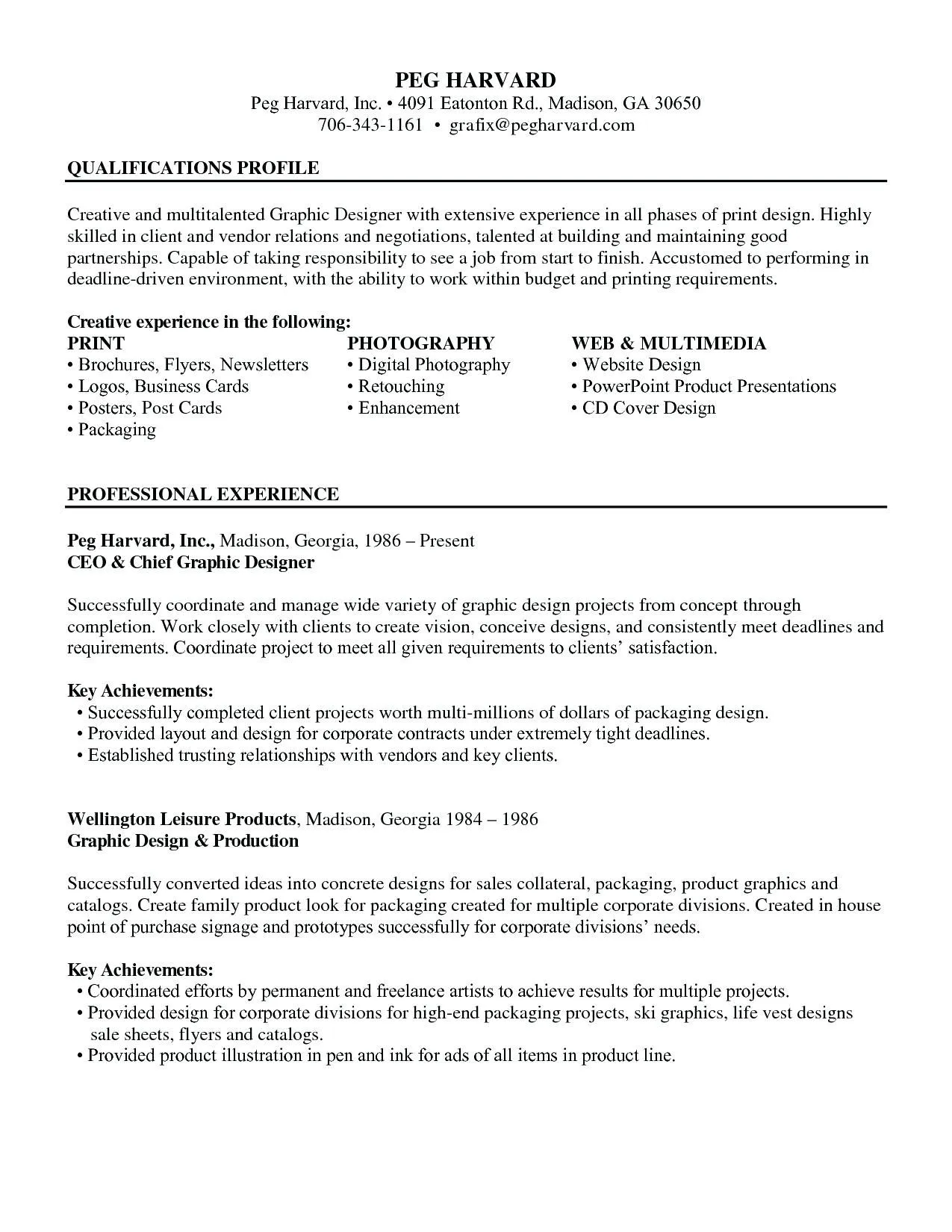
Generic cover letters are easily spotted and often disregarded. To make your application stand out, thorough research on Harvard Law is essential. Explore the school’s website, read faculty profiles, and understand its specific programs, clinics, and initiatives. Identify aspects of the school that resonate with your interests and goals. Mention specific professors whose research aligns with your academic interests, or highlight particular clinics that appeal to your desire to gain practical experience. This level of detail demonstrates your genuine interest and shows that you have taken the time to learn about the institution. Tailor your letter to emphasize how your unique experiences and aspirations align with Harvard Law’s values and mission. For example, if the school emphasizes public service, highlight your volunteer work or involvement in community projects. This alignment proves that you’ve carefully considered your application and that Harvard Law is not just a dream school, but the right school for you.
Showcasing Your Qualifications and Experiences
When describing your qualifications and experiences, focus on what makes you unique and valuable to the Harvard Law community. Don’t simply list your achievements; instead, provide context and demonstrate the impact of your experiences. Discuss specific projects you worked on, challenges you overcame, and skills you developed. Use the STAR method (Situation, Task, Action, Result) to structure your examples, providing a clear narrative of your contributions and the outcomes. For example, when discussing a leadership role, describe the situation, the tasks you undertook, the actions you implemented, and the results you achieved. This approach allows you to illustrate not only your abilities but also how you have applied them in real-world settings. Ensure that your experiences are relevant to legal studies and demonstrate skills essential for a successful law student, such as critical thinking, problem-solving, communication, and teamwork.
Highlighting Relevant Skills and Achievements
In your cover letter, it’s crucial to highlight skills and achievements that directly relate to your potential for success in law school and your future career. Focus on showcasing skills such as analytical thinking, critical reading, persuasive writing, and public speaking. Provide specific examples that demonstrate these skills. Did you excel in a debate club? Mention it and elaborate on how it honed your ability to construct arguments and think on your feet. Did you lead a successful project? Describe your role, the challenges you faced, and the positive outcomes you achieved. Use these achievements to build a strong narrative that showcases your capabilities. Consider incorporating experiences from internships, research projects, volunteer work, or extracurricular activities, tailoring the narrative to showcase your strengths and how they align with the expectations of a Harvard Law student.
Demonstrating Your Interest in Harvard Law
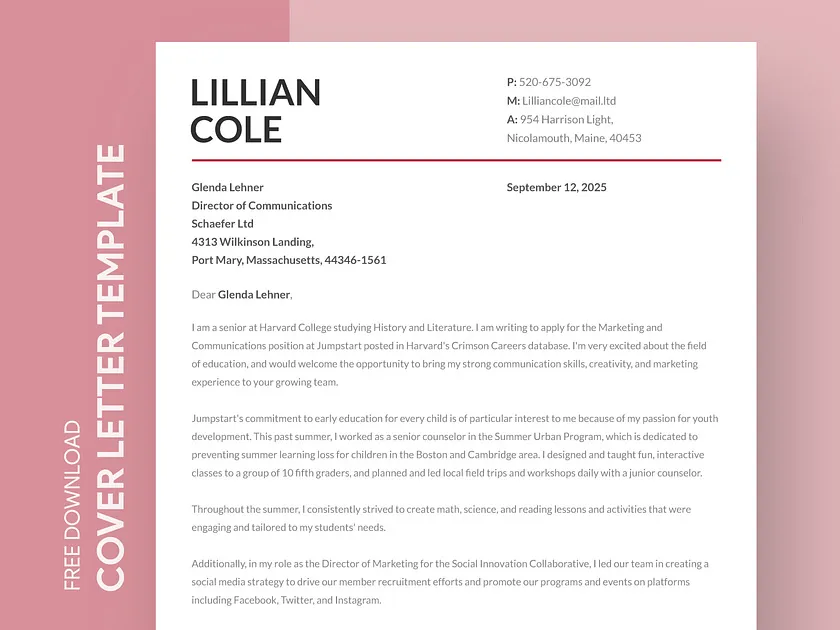
Expressing your interest in Harvard Law should go beyond generic statements. Demonstrate your specific reasons for choosing this institution. Discuss what attracts you to Harvard Law, such as its academic programs, its renowned faculty, its commitment to public service, or its vibrant student life. Highlight specific courses you’re interested in, professors whose research aligns with your interests, or clinics or centers that appeal to your aspirations. Mention any specific events or experiences that solidified your desire to attend. For example, did a particular guest speaker at Harvard Law inspire you? Or did you connect with current students who shared their positive experiences? Personalize your interest by drawing connections between your goals and Harvard Law’s offerings. This shows that you’re not just applying to any law school, but to Harvard Law because of its unique attributes and the opportunities it offers to achieve your goals.
Writing a Compelling Opening and Closing
The opening of your cover letter is your first opportunity to make a strong impression, so it’s essential to craft an introduction that captures the reader’s attention and immediately conveys your enthusiasm. Avoid generic opening lines; instead, begin with a compelling hook. This could be a brief anecdote related to your interest in law, a reflection on a formative experience, or a direct statement of your desire to attend Harvard Law. Keep the opening concise and focused, setting the tone for the rest of your letter. The closing should be equally impactful, summarizing your key points and reiterating your interest. Express your gratitude for the committee’s consideration and clearly state your eagerness to contribute to the Harvard Law community. Reiterate your confidence in your application and your belief that you would be a valuable addition to the law school. Ensure that both the opening and the closing are aligned with your overall narrative and demonstrate your genuine interest in the institution.
Formatting and Proofreading for Perfection
Formatting and proofreading are critical steps that often get overlooked but can significantly impact the overall impression of your cover letter. A well-formatted letter is easy to read and projects professionalism, while a letter riddled with errors suggests a lack of attention to detail. Take the time to carefully format your letter using a standard font like Times New Roman or Arial, with a font size of 11 or 12 points. Use clear and concise language, and avoid jargon unless it is appropriate for the context. Ensure consistent spacing and margins throughout the document. Use a professional letterhead, including your contact information. The formatting should make your letter look neat and accessible, reflecting your diligence. Furthermore, meticulous proofreading is essential, checking for grammatical errors, spelling mistakes, and stylistic inconsistencies. Consider having a trusted friend, professor, or career advisor review your letter to catch any errors you may have missed. A flawless cover letter shows that you are serious about your application and demonstrates respect for the admissions committee’s time.
Formatting Guidelines
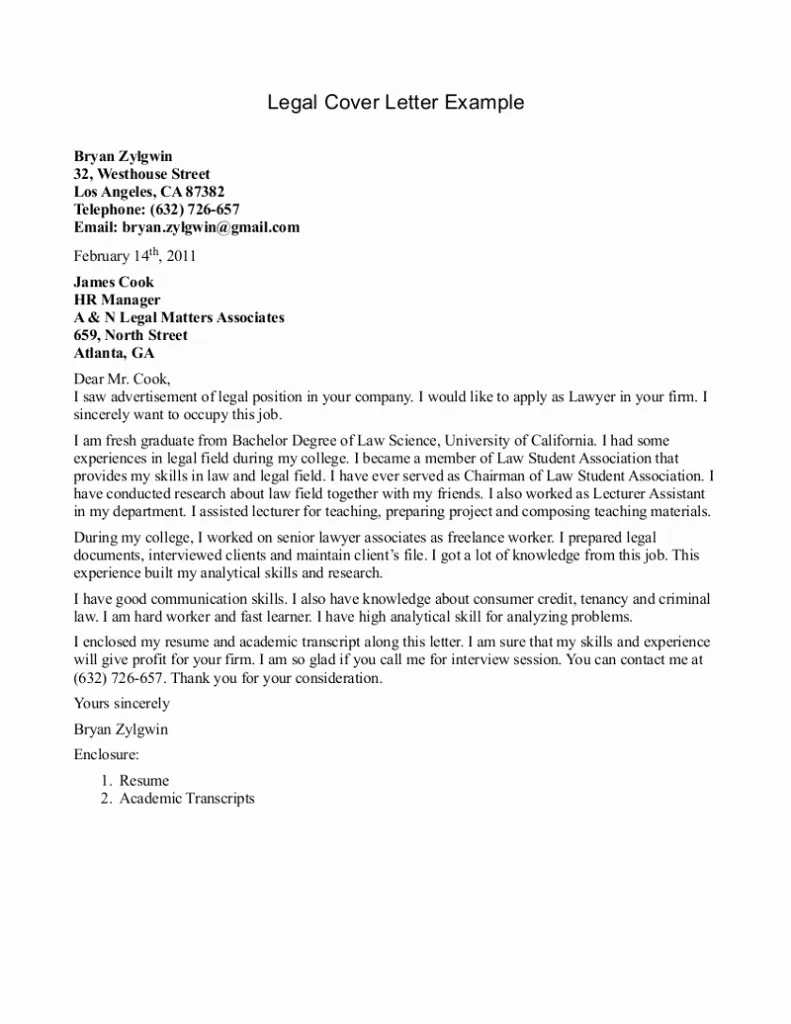
Adhering to proper formatting guidelines is crucial for presenting a polished and professional cover letter. Always use a standard font like Times New Roman or Arial, with a font size between 11 and 12 points. Maintain consistent margins (typically one inch on all sides) to ensure the document is easy to read. The letter should be single-spaced with a blank line between paragraphs for clarity. Include a professional letterhead with your full name, address, phone number, and email address at the top of the page. Address the letter to the appropriate person, such as the Admissions Committee or a specific admissions officer, if possible. The overall layout should be neat, organized, and visually appealing. These formatting details demonstrate attention to detail and a commitment to professionalism.
Proofreading Tips
Proofreading your cover letter is a non-negotiable step in the application process. Begin by reading the letter aloud, which helps you catch awkward phrasing and grammatical errors you might miss when reading silently. Use a spell checker and grammar checker, but don’t rely solely on them. These tools often miss subtle errors, such as incorrect word usage. Take breaks while writing and proofreading to refresh your perspective. Consider having a trusted friend, mentor, or career advisor review your letter. They can provide a fresh set of eyes and catch mistakes you might overlook. Pay close attention to names, dates, and any specific details mentioned in the letter to ensure they are accurate. Proofreading is not just about identifying errors; it’s about refining your writing and ensuring that your message is clear, concise, and compelling. A well-proofread cover letter conveys professionalism and respect for the admissions committee.
Common Mistakes to Avoid
Several common mistakes can undermine the impact of your Harvard Law cover letter. Avoid generic, mass-produced letters that do not specifically address Harvard Law. Also, do not use overly casual language or slang; maintain a professional tone throughout the letter. Refrain from simply restating your resume. Instead, provide context, elaborate on your experiences, and demonstrate your unique skills and interests. Avoid negative statements or complaints. Focus on your positive attributes and aspirations, and avoid any negativity. Proofread meticulously to eliminate typos, grammatical errors, and spelling mistakes. Finally, do not exceed the recommended length. Keep your cover letter concise and focused, emphasizing your key qualifications and reasons for applying. Avoiding these common pitfalls will help you present a compelling and professional cover letter that significantly enhances your application to Harvard Law School.
Example Cover Letter Structure
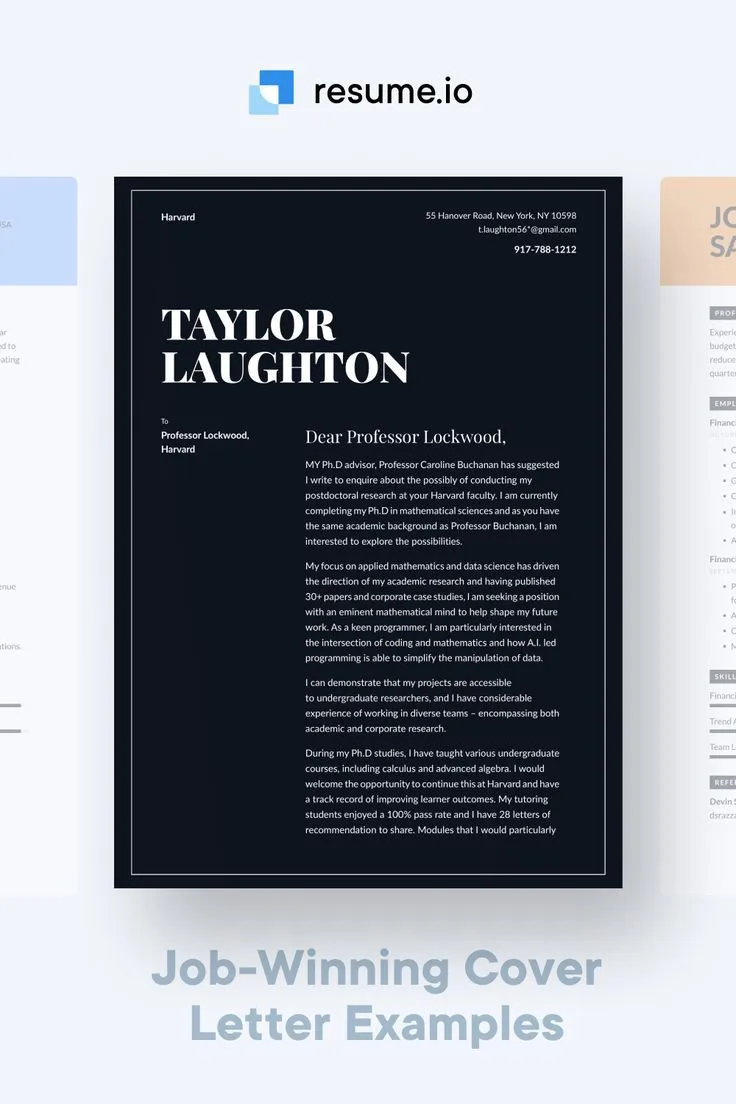
While each cover letter should be unique, adhering to a strong structure ensures clarity and impact. Start with a strong opening that immediately grabs the reader’s attention. Then, briefly introduce yourself and state your purpose. The body of the letter should highlight your relevant experiences and skills, providing specific examples and demonstrating how they align with your goals and Harvard Law’s values. In the closing, summarize your key points, express gratitude for the committee’s time, and reiterate your enthusiasm for attending Harvard Law. Remember to tailor the content to your experiences, demonstrating your genuine interest in the institution. Your Harvard Law cover letter is your chance to tell a compelling story that sets you apart and shows why you belong at Harvard Law School.
